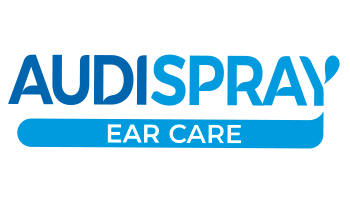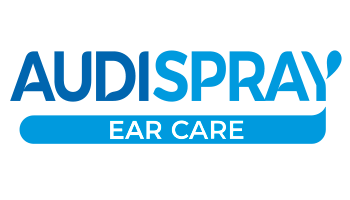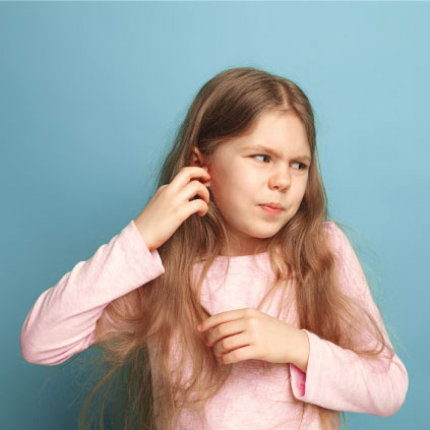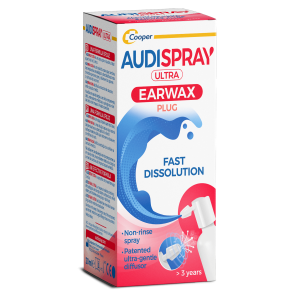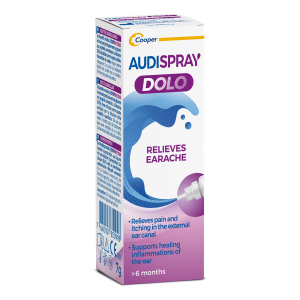How do i prevent myself from noise?
Noise can endanger the health of our ears. At high volumes, it can cause irreversible damage to our hearing. To protect your hearing, try to reduce noise levels: ensure your home is correctly insulated and lower the volume of your devices. If this is not possible, use hearing protection. Ear protectors and earplugs are highly recommended in noisy environments.
Inconsiderate neighbours, construction machinery, using headphones at too high a volume- noises assaults are everywhere. What dangers does noise pose to our hearing? How can we combat the risks?
The most important thing is to be aware of the dangers that noise poses.
Looking after your ears is not just about adopting regular ear hygiene , it’s also about protecting them from external factors such as noise assaults.
We all have a limited number of sensory receptors responsible for picking up sounds. Once these cells are damaged, they are not replaced. It is therefore essential to look after our hearing!
The noise scale
To raise public awareness of the dangers of noise, the Association Journée Nationale de l’Audition has created this decibel (dB) scale.
- Very quiet, 20 dB: a quiet garden, whispering,
- Pleasant, 40 dB: quiet office or apartment,
- Tolerable, 60 dB: normal conversation, window facing onto the street,
- Tiring, 70 dB: hoover, lawnmower, blower,
- Uncomfortable, 80 dB: heavy traffic, car horns,
- Unsafe, 90 dB: high-speed train, standing next to a motorbike, tractor,
- Unsafe, 100 dB: headphones at full volume, concerts,
- Damaging, 110 dB: in a car with speakers at full volume,
- Dangerous, 140 dB: plane taking off, pneumatic drill.
What dangers does noise pose?
Even occasional exposure to volumes above 100 dB without ear protection is dangerous: the ear’s sensory receptors can be damaged. What are the risks? Hearing loss, tinnitus, hyperacusis... chronic exposure to volumes above 85 dB can also be damaging to ear health and hearing.
Regardless of the number of decibels, a noisy environment can increase arterial pressure and heart rate. This provokes a state of acoustic stress, making it difficult to understand speech.
Unwanted and uncontrollable noise can also affect mood and behaviour—at night, it can disturb sleep, leading to difficulty concentrating.
How do i protect myself from nooise?
How do i reduce the amount of noise around me?
Firstly, try and reduce the volume of these noises whenever possible. For example, at home, make sure windows and doors are properly insulated to reduce traffic noise from outside.
To prevent noise generated by electrical appliances and furniture, try felt floor protectors and rubber or cork sound insulation. These materials are good at absorbing sounds and reduce vibrations. Finally, make sure you read the label before buying an electrical appliance—since 2011, labels show the sound level of the device while in use.
Basically, make a habit of turning down the volume of the TV, radio, speakers, etc.

What can i do to protect myself in a noisy environment?
Whether it’s an occasional intensely noisy activity or a situation with chronic ambient noise, using ear protectors or earplugs is recommended.
Also, remember that after being exposed to noise, recovery time is essential to preserve your hearing. You should take regular breaks in a quiet setting.
Are you wondering about the volume of the world around you? There are smartphone apps that let you measure the ambient noise level in decibels in real time.
Risk prevention
Ear pain, ringing, reduced hearing. Be attentive and don’t ignore the usual symptoms. It might be an earwax blockage , but it might be something else! There are many different types of ear conditions . Do not hesitate to consult an ENT specialist.
What are the symptoms of an earwax blockage
